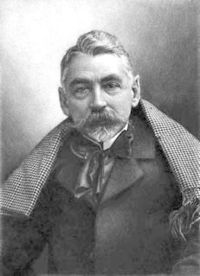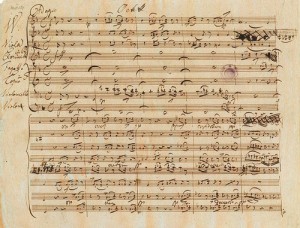
Mallarme to Degas: “Poems have to do with words, not ideas.”
If words are like music notes, how is a poem written?
Consider a word: its meaning, etymology,size, shape, sound, color, rhythm, effect, strength, and weakness. How does a word look on a page? How does it move and sound in space, appear and disappear; how does it jam and set apart from others?
If words are like music notes, then poems may be written not for their connection of things or feelings. Meanings would have to be derived from the synthesis of sound, with each word contributing to their shades and dynamics. Reading a poem would be an active production of sound instead of someone sitting quietly in a chair leafing through a book—imagine an audience leafing through a music score in the absence of an orchestra.
Words—alive in all possibilities, with poetry their vessel.

